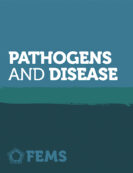FEMS Summer School for Postdocs 2024
Menu: Introduction – Applications – Programme – Gallery
The FEMS Summer School for Postdocs 2023 was an amazing event that I will not forget for the rest of my life. Speakers are super friendly and knowledgeable about their fields. Lectures cover all important aspects of emerging microbial technologies. MedILS is surrounded by spectacular landscape that has given us many new ideas for our projects. And the most important are the friendships that I have made during the event.” – Hoan Ngo, participant of the Summer School for Postdocs 2023
The Summer School for Postdocs 2023 was very interactive. I got to meet a lot of bright scientists and it’s a great pleasure to exchange ideas with great minds. The location and mentors of the workshop are impeccable.” – Vikram Pareek, Student at Summer School for Postdocs 2023
– The call for applications to the Summer School for Postdocs 2024 is now closed –
Introduction
The FEMS Summer School for Postdocs recognizes 20 of the most talented and promising researchers from across the world. It is designed to support personal and professional development through 9 days of close work with top scientists, and to enable and encourage research collaboration across all fields of microbiology.
The content of the Summer School for 2024 will be focused on the following theme:
Climate Change: Challenges and Influence on Microbial Safety of Water and Food
The Summer School presents a unique opportunity for early career scientists to receive instruction and supervision from prominent academics, collaborate and network with fellow researchers from an international range of countries, and to discuss their own work as well as wider aspects of being a scientist. The applications system will open 15 February,
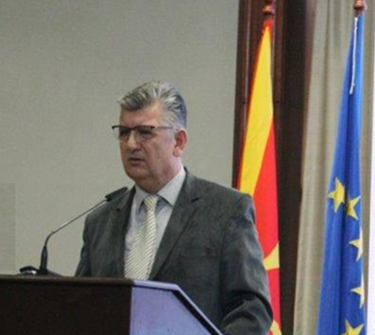
Climate change is one of the biggest challenges of our time affecting all aspects of life on Earth. The FEMS Summer School 2024 programme will be focusing on Climate Change: Challenges and Influence on Microbial Safety of Water and Food.” — Vaso Taleski, FEMS Director of Events & Internationalization
Quick Facts
- When? 2 – 10 September 2024
- Where? Accommodation and all facilities are in the Mediterranean Institute for Life Sciences (MedILS) in Split, Croatia
- Who? Selected applicants. Applicants must be currently working in a postdoctoral position, or have completed a postdoc within 5 years (excluding special leave) of the end of the FEMS Summer School. Abstract submission opening tba.
- What? This Summer School will focus on ‘Climate Change: Challenges and Influence on Microbial Safety of Water and Food’.
Please see our playlist of videos from past Summer Schools.
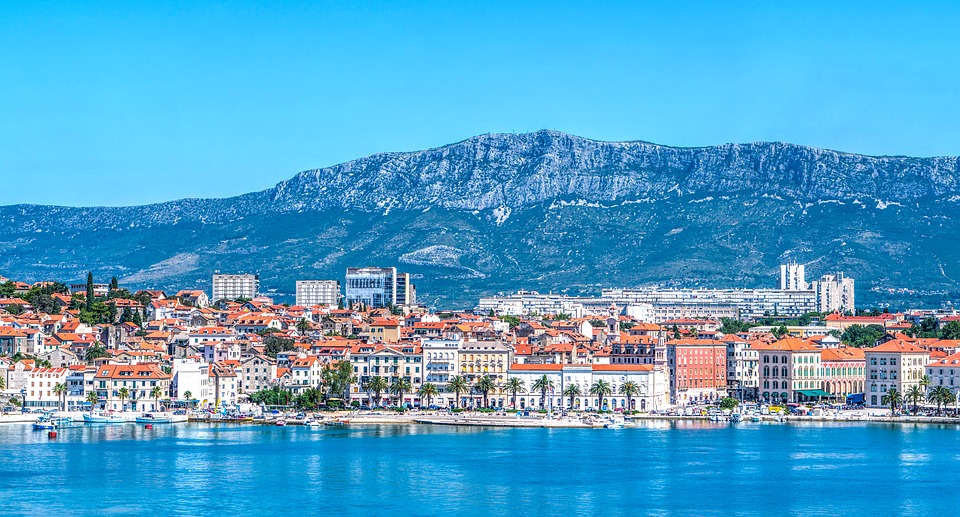
Costs
Successful applicants for the Summer School are expected to organise and pay the costs of their travel and travel insurance. The registration fee for each successful applicant is €500, payable to MedILS within 15 days of receiving an invoice after selection. The fee covers accommodation (in a shared room), catering, and attendance for the duration of the Summer School. Registered participants that need to cancel their attendance after paying their fee and before 1 July 2024, will be reimbursed 50% of the registration fee.
Organization
- Prof. Lisa Y. Stein, Professor, Climate Change Microbiology, Faculty of Science – Biological Sciences, University of Alberta, Canada
Professor Lisa Stein is a distinguished figure at the University of Alberta, Canada, where she holds the position of Professor in Climate Change Microbiology within the Faculty of Science – Biological Sciences. Her educational journey began with a B.A. Magna cum laude in Molecular Cellular and Developmental Biology from the University of Colorado, followed by a Ph.D. in Molecular and Cellular Biology from Oregon State University. She further honed her expertise as a Postdoctoral Scholar at the California Institute of Technology and the NASA Jet Propulsion Laboratory. Prof. Stein’s career at the University of Alberta has seen her evolve from an Assistant Professor to her current role, with significant recognition as the Canada Research Chair (Tier 1) in Climate Change Microbiology. Her research is ground-breaking, focusing on microbial conversion of greenhouse gases into valuable products, understanding the evolutionary and physiological commonalities between methane- and ammonia-oxidizing bacteria, and investigating the role of reactive nitrogen intermediates in controlling nitrous oxide emissions. Her international collaborations have accelerated genome sequencing of methanotrophic and nitrifying microorganisms, crucial for climate change mitigation strategies. Additionally, Prof. Stein has delved into the microbiomes of wildlife and industrial systems, uncovering the impact of diet on urban coyote behaviour and health, among other significant findings. Her work not only advances our understanding of microbial processes affecting climate change but also bridges basic and industrial microbiology, highlighting her as a key player in environmental science and mentorship.

- Prof. Andreja Rajkovic, Professor in Microbial Food Safety at Ghent University, Ghent, BelgiumAndreja Rajkovic Ph.D is a Principle Investigator of the research group on foodborne toxins, pathogens and in-vitro host models within BW23. His basic training was a food technology engineer, followed by Master after Master in Food Science and Technology and PhD in Applied Biological sciences. Until 6 years ago his research was predominantly related to foodborne pathogens and microbial toxins and their relation to food processing, food composition and health. In the later years, his research expanded to risk assessment of chemical mixtures in food, contaminants at the food, environment, and health interface, mitochondrial toxicity and cellular bioenergetics as markers of adverse and positive health outcomes, and toxicological and microbial impacts of microplastics and nanoplastics in contemporary food supply. In all research projects, the central target is related to studies of effects of foodborne and environmental hazards (microbial and chemical) on human health using battery of molecular and other analytical tools. Prof. Rajkovic is a president of International Committee of Food Microbiology and Hygiene, member of scientific committee of Belgian Federal Agency for the Safety of the Food Chain, board member of Belgian Society of Food Microbiology, expert of Belgian Superior Health Council, founding editor in chief of Food Safety & Risk, and Editorial Board member of several Q1 scientific journals, such as International Journal of Food Microbiology.
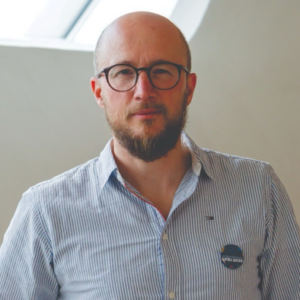
People involved in the organization from FEMS:
- Vaso Taleski, FEMS Director of Events & Internationalization
- Carianne Buurmeijer, FEMS Events and Communication Project Manager
- Joseph Shuttleworth, FEMS Science Communications Project Manager
Peoples involved in the organization from MedILS:
- Jelena Ružić, Acting director
- Irena Rajić, Secretary
- Miroslav Radman, Founder of MedILS, Honorary Director
Previous FEMS Summer School for Postdocs Topics
2023 – Cutting-Edge Microbial Technologies For A Sustainable Industrial Future
2022 – Microbiology For A Sustainable Future
2021 – Microbial Evolvability Mechanisms: Resistance, Biology, And Strategies To Defeat And Detect
2019 – Biological Robustness: Evolution Of Bacterial Resistance To Death
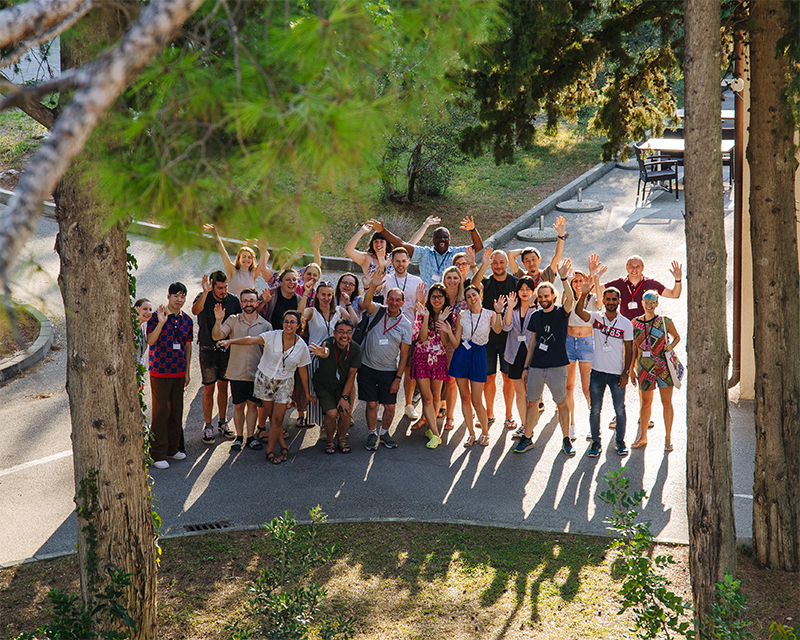
Menu: Introduction – Applications – Programme – Gallery
All but one of the FEMS journals are now fully open access (OA), with one journal, FEMS Microbiology Letters remaining a subscription journal with free-to-publish and OA options. Open access is key to supporting the FEMS mission of disseminating high quality research as widely as possible: when high quality, peer reviewed sound science is open access, anyone, anywhere in the world with an internet connection, can read it.





